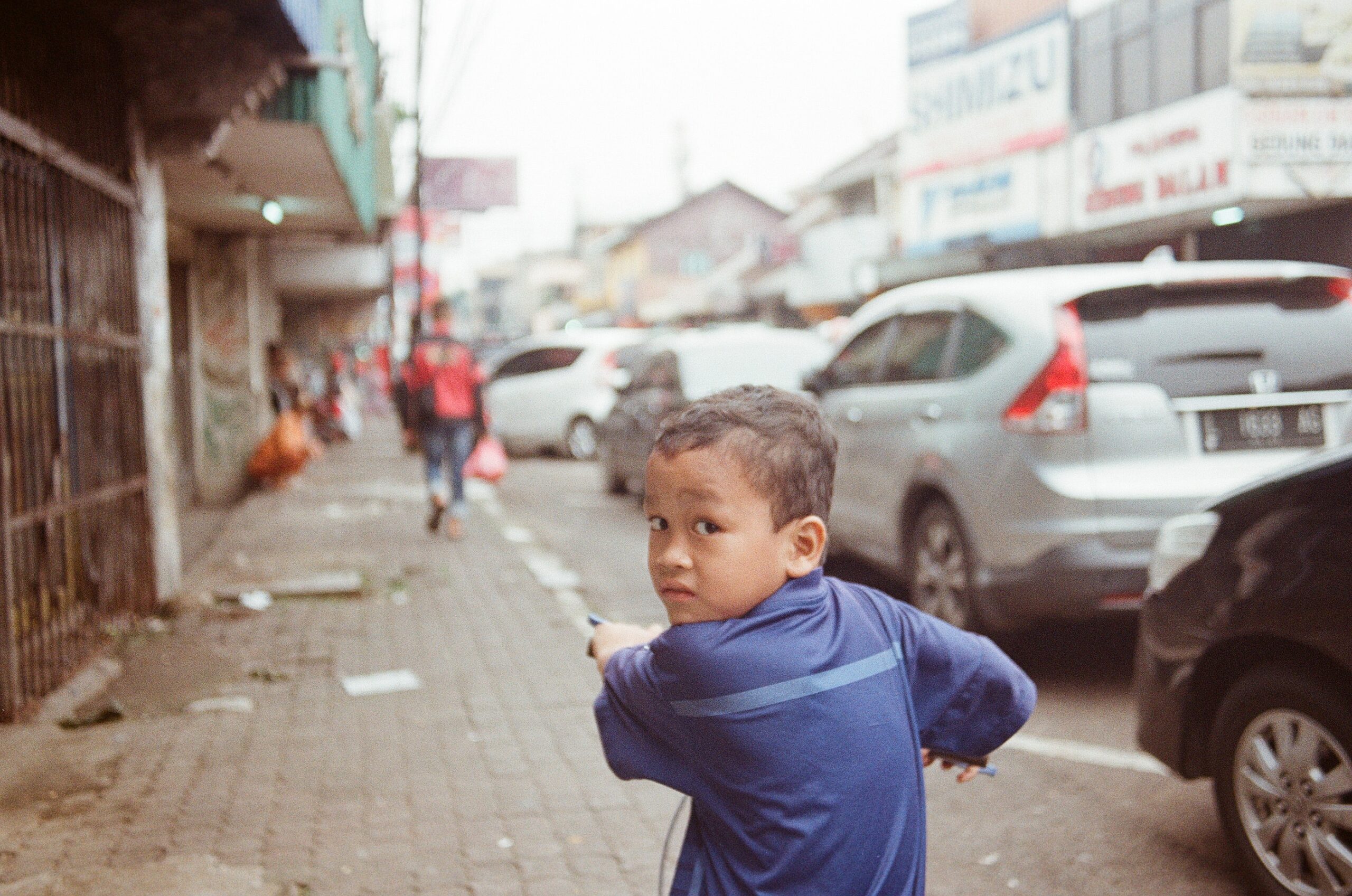Triggers: What they are and what to do about them.
Photo by Yusril Permana ali on Unsplash
What are Triggers?
One time many years ago I was at a laundromat. For whatever reason I chose to sit on one of the tables there. The laundromat lady came rushing over to tell me “We don’t sit on the tables here”, in what I felt was a rather sanctimonious tone of voice. I reluctantly got down from the table but what I really wanted to do was dig in my heels, give attitude, and stubbornly remain seated. I could feel my face get hot and my chest get tight.
A sudden change in mood may indicate a trigger.
Being triggered is what we call it when our mood switches suddenly from feeling fine to something that feels harder to deal with, like fear, anger, or panic. When our bodies are reminded of a past stressor during a current event and our responses are bigger than the situation warrants, we have probably been triggered.
Laundromat lady triggered me. Somewhere in my life I learned that it is dangerous if someone walks right up to me and tells me what to do. Unwittingly, laundromat lady reminded my body of something scary and my defenses went up. My fear showed up as heat in my face and pressure in my chest. My defenses were to resist, to freeze. Laundromat lady didn’t cause this to happen, my body’s memory of something from the past did.
Can subconscious memories can lead to triggers?
We all have experiences that our bodies file away in an effort to help us learn what is safe and what is unsafe. We may not even be consciously aware of what our triggers are. If there is ever an event where you notice your emotional reaction is bigger than it needs to be that may be a sign to explore the situation for a possible trigger.
For example- I have realized that I used to get really tense about being on time. I would tap my foot and pressure everyone to “hurry up” and “we’re going to be late”. My tone would get stern and a little loud, and I would get that same pressure in my chest.
So I explored it.
How to find your triggers.
I can remember as a kid sitting in the car in the driveway with my dad. He’d be blowing the horn and grumbling about my mom “making him late” and “doing it on purpose”. As a little kid in the backseat, this was scary. As an adult I carried that fear with me and in order to avoid that fear I tried to rush everyone around me.
It wasn’t about being late today. It was about being a little kid feeling scared because her dad was mad about being late and he was blaming others. The possibility of being late today made my body remember what it felt like back then leading me to a fight, flight, or freeze type of reaction that was bigger than the situation required.
What to do about triggers.
First of all, let yourself recognize when you are being triggered. When we are feeling triggered we go into protection mode. We don’t want to feel the difficult feelings so we protect ourselves with an emotional overreaction and we really want to stick to our guns. Give yourself permission to admit to yourself that you’ve been triggered.
Next, remind yourself that your thoughts are not the same thing as your emotions. Pause, take a deep breath, and name the feeling.
“I am feeling mad and scared”
Then, try to find the thought that’s driving the feeling.
“I am feeling mad and scared about being late because being late means I’ve done something wrong.”
If figuring out the thought is giving you trouble try naming your preference about the situation.
“I prefer to always be on time and that no one makes me late.”
Once you’ve got your preference figured out add “because” and fill in the blank.
“I prefer to always be on time and that no one makes me late because if I’m late people will get mad and me and think I’m disrespectful.”
How move forward after you have been triggered.
With this information you will have a better understanding of what your trigger is and why it is. The last step is to decide the best way to handle it. You could try to prevent exposure to triggering situations or you could use them as a growth opportunity. So in the on time example I could avoid being triggered by lateness by deciding to get ready earlier and prepare what I can in advance. Or I could grow away from my trigger. I could raise my energy by sending kindness and understanding to the others and offering my help toward getting ready to go. I could also choose to use the time I would have spent being angry to try a meditation or a coping strategy.
Either way you decide is okay because the whole idea is to just bring more joy to your life.



0 Comments